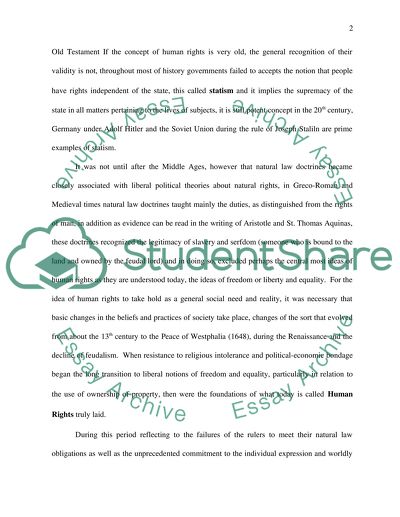Cite this document
(“The Role of Reason in the Historical Concepts of Human Rights Essay”, n.d.)
Retrieved from https://studentshare.org/miscellaneous/1511486-the-role-of-reason-in-the-historical-concepts-of-human-rights
Retrieved from https://studentshare.org/miscellaneous/1511486-the-role-of-reason-in-the-historical-concepts-of-human-rights
(The Role of Reason in the Historical Concepts of Human Rights Essay)
https://studentshare.org/miscellaneous/1511486-the-role-of-reason-in-the-historical-concepts-of-human-rights.
https://studentshare.org/miscellaneous/1511486-the-role-of-reason-in-the-historical-concepts-of-human-rights.
“The Role of Reason in the Historical Concepts of Human Rights Essay”, n.d. https://studentshare.org/miscellaneous/1511486-the-role-of-reason-in-the-historical-concepts-of-human-rights.


